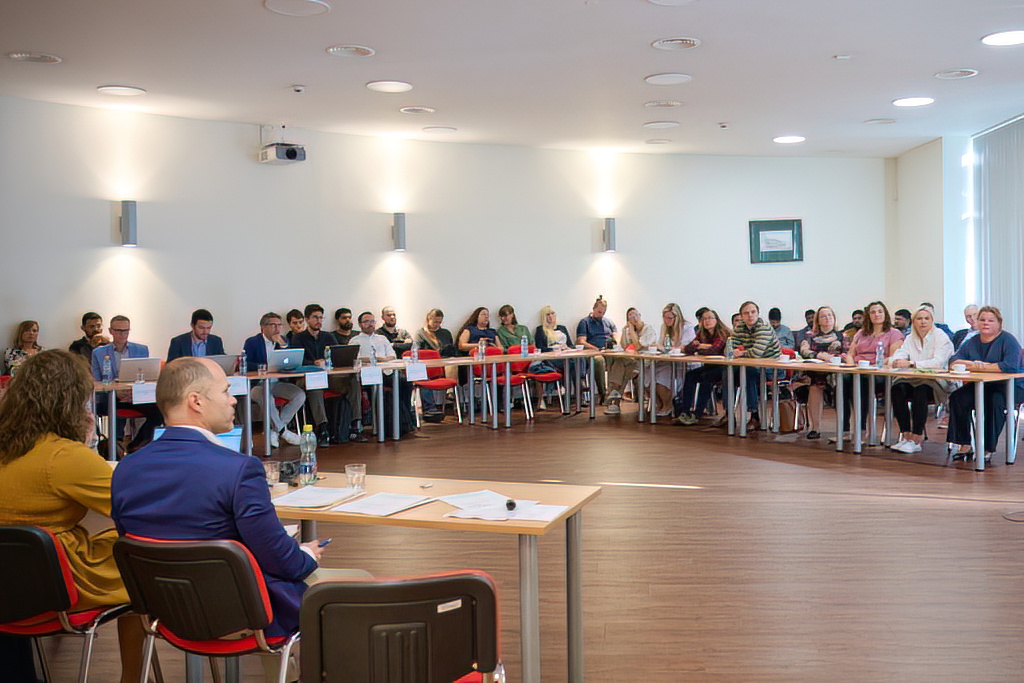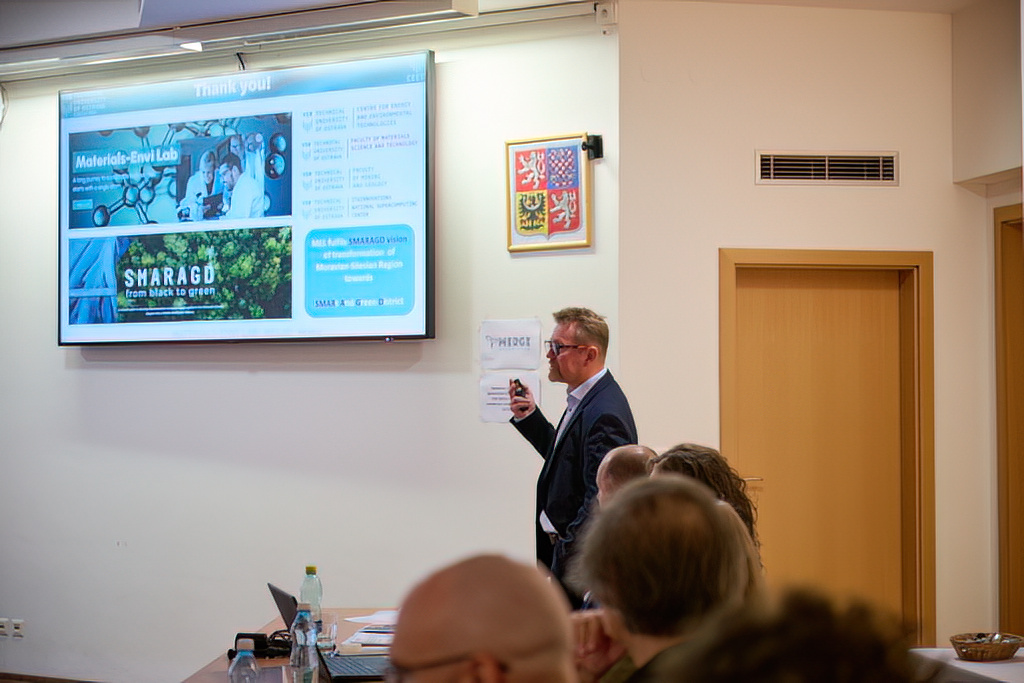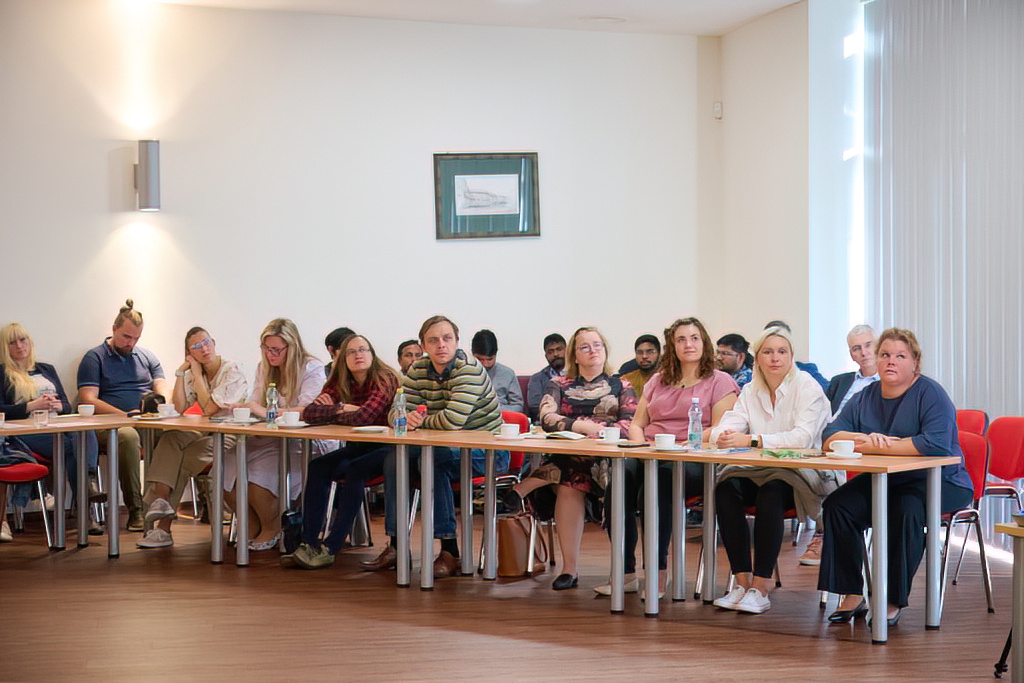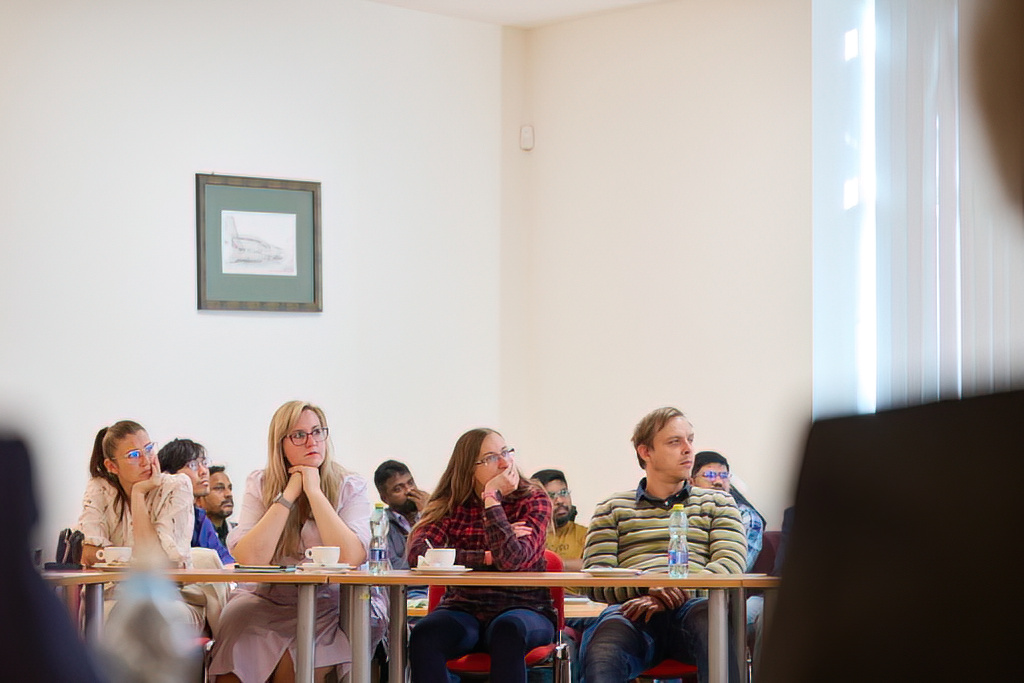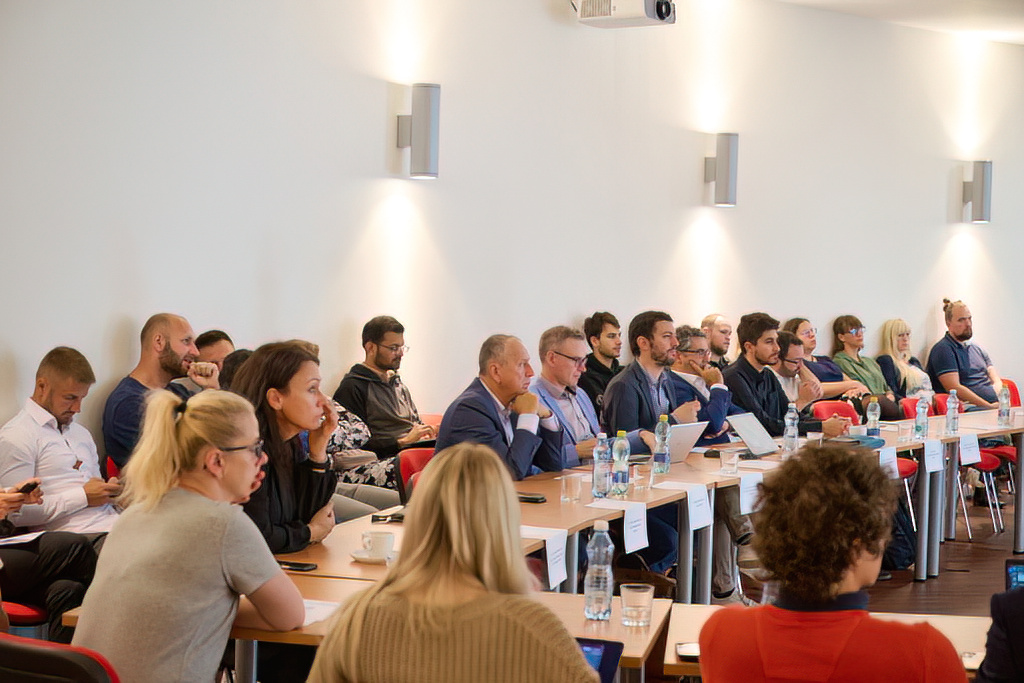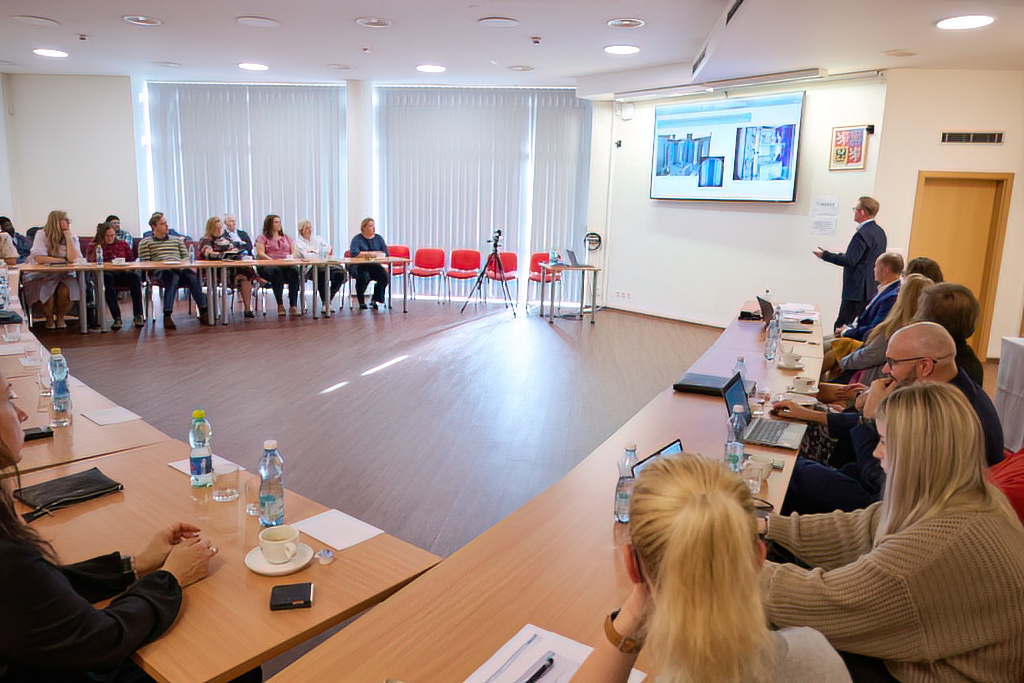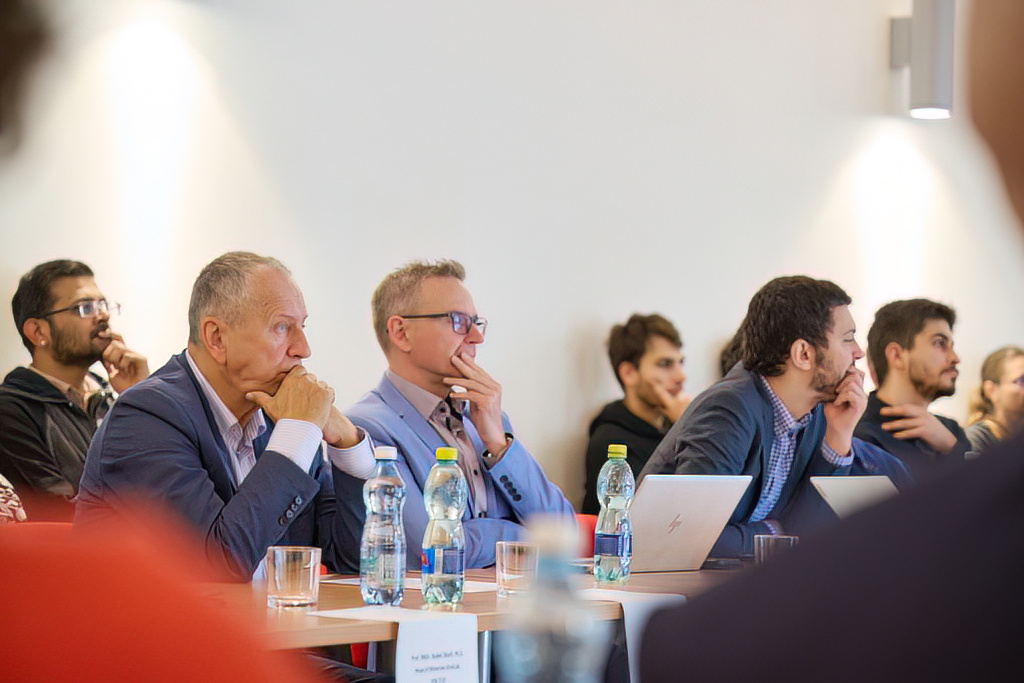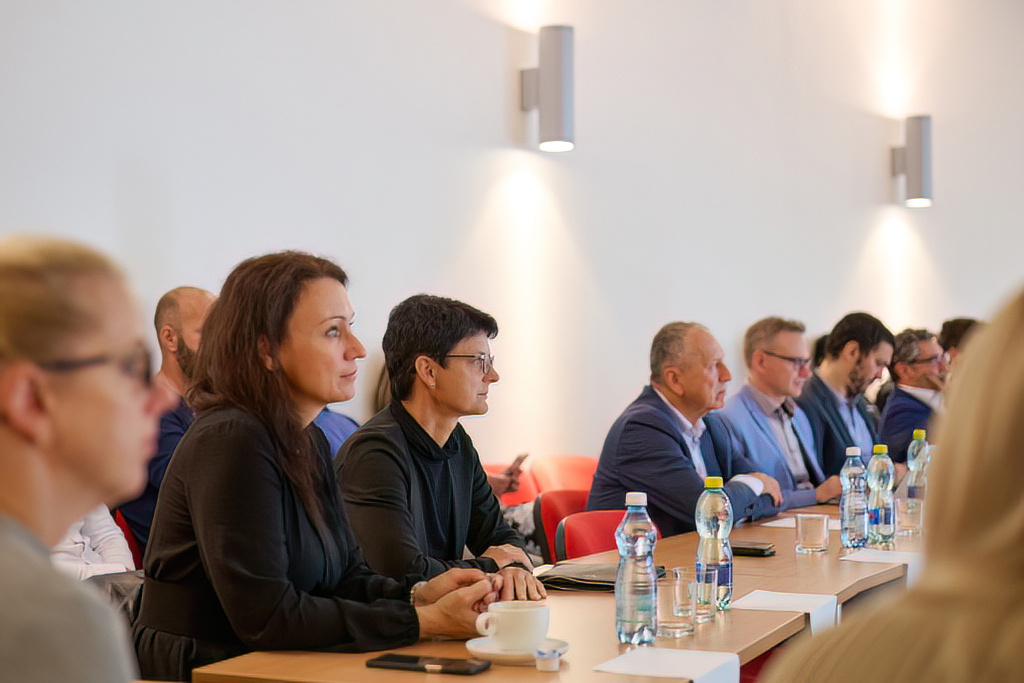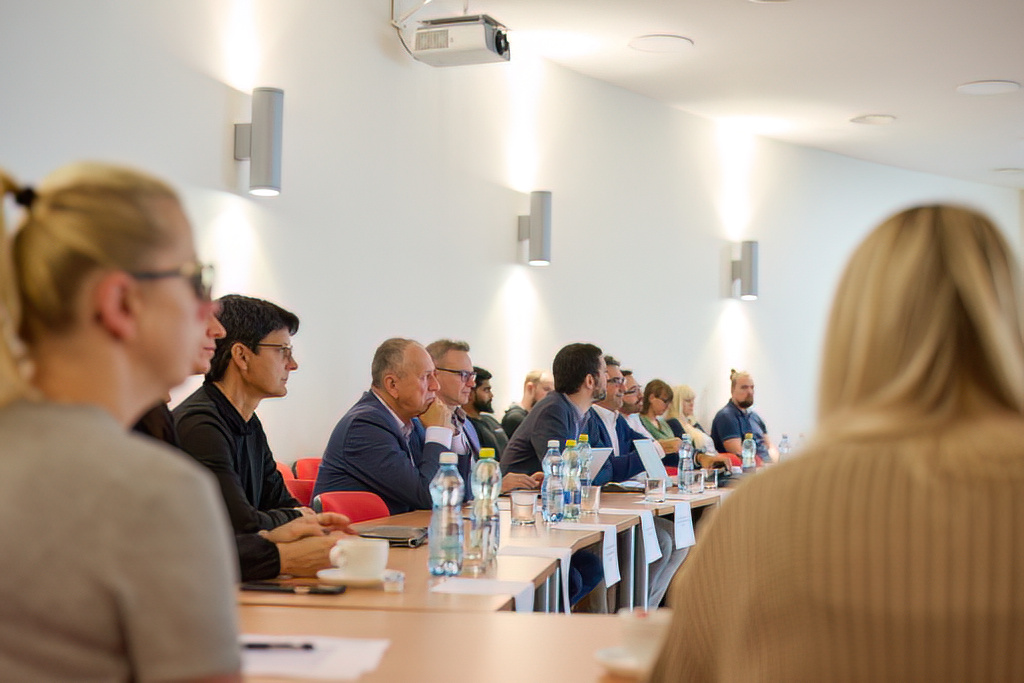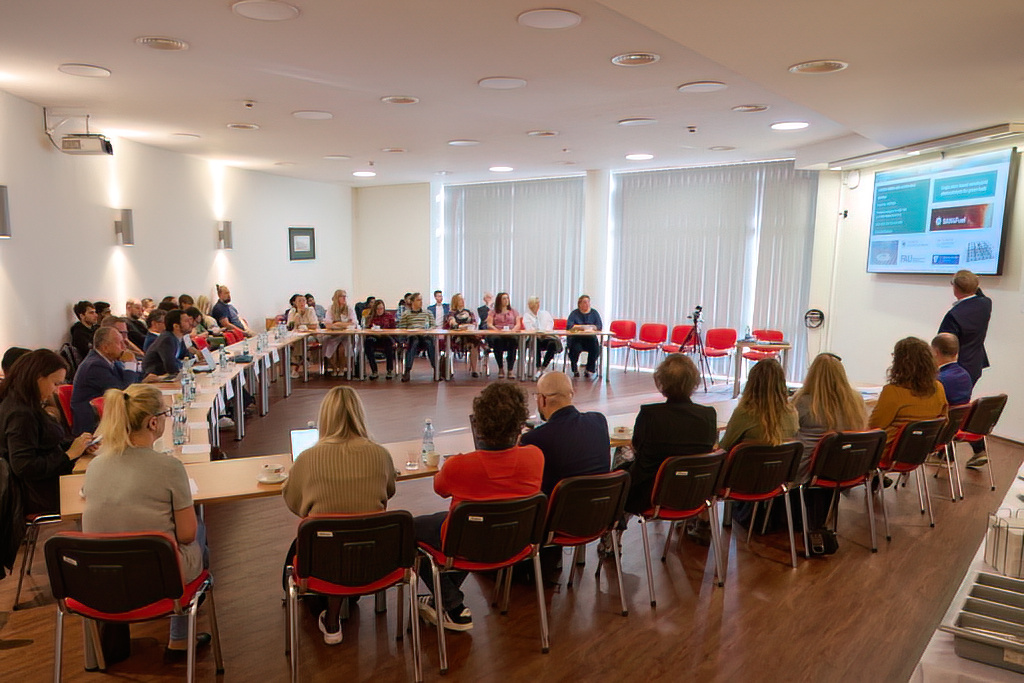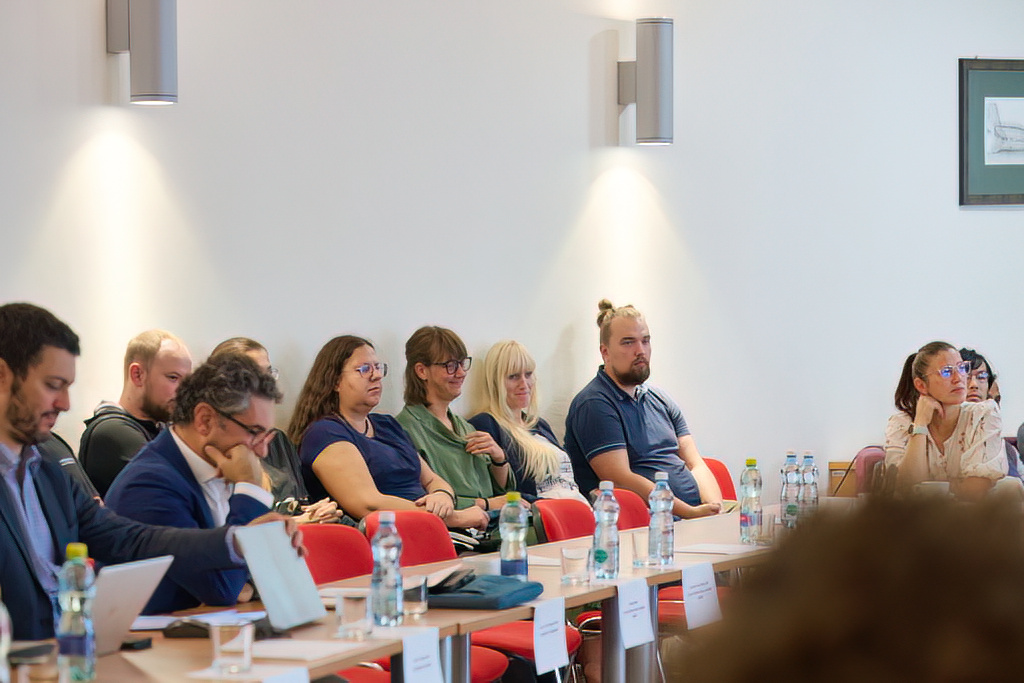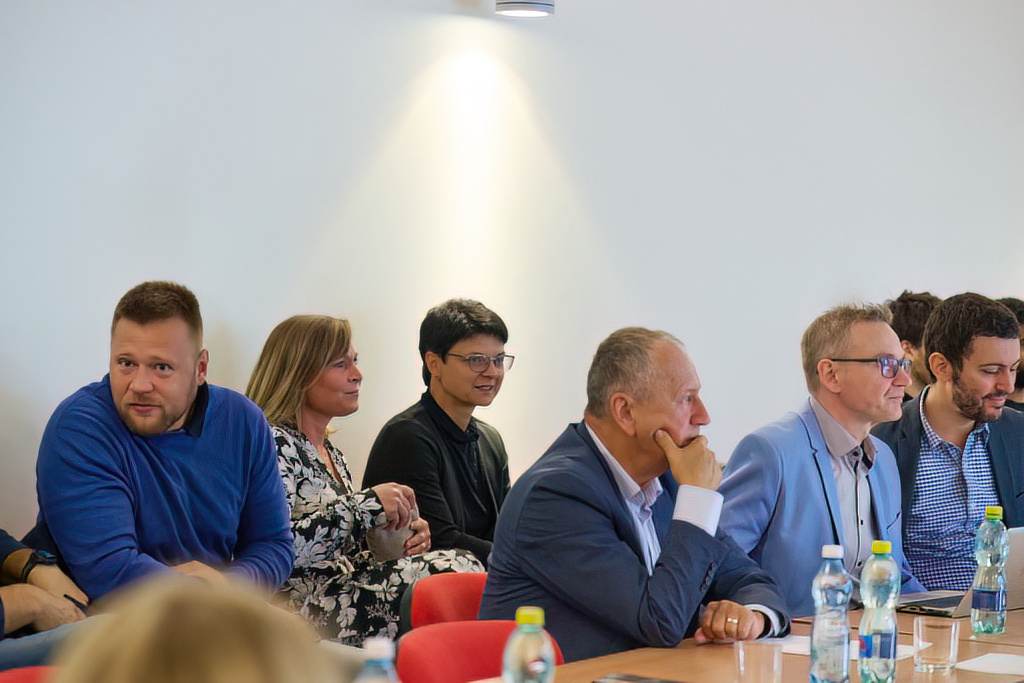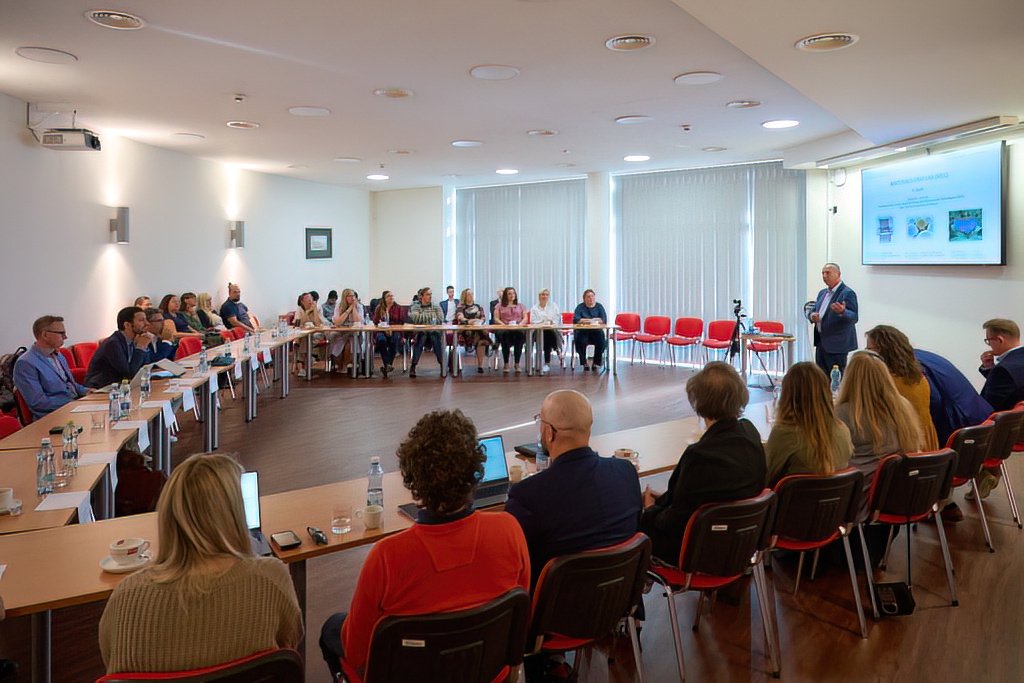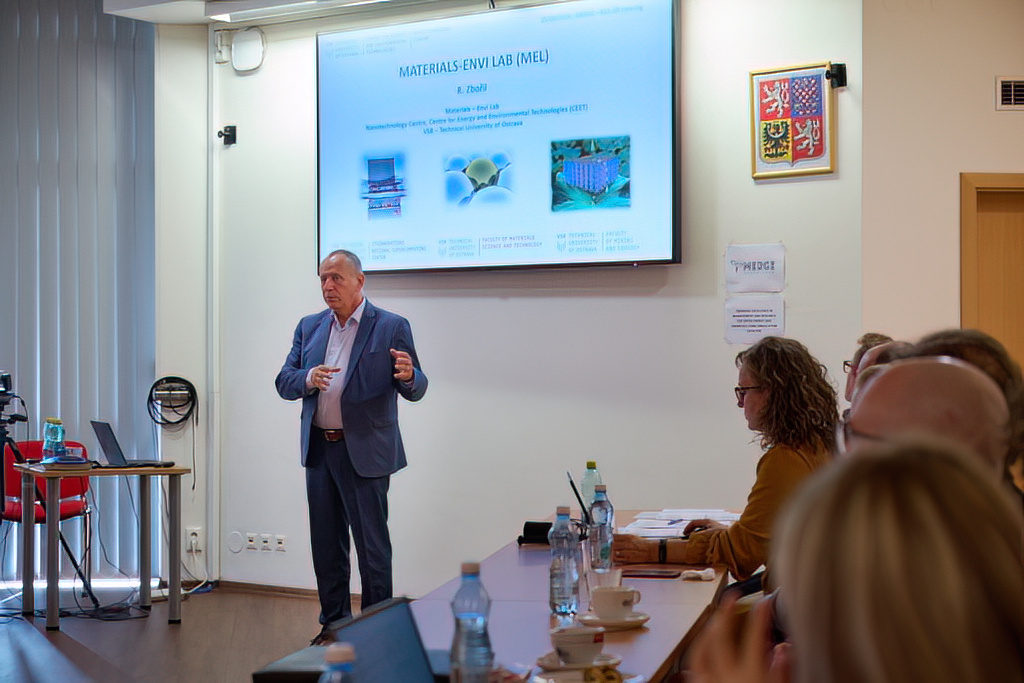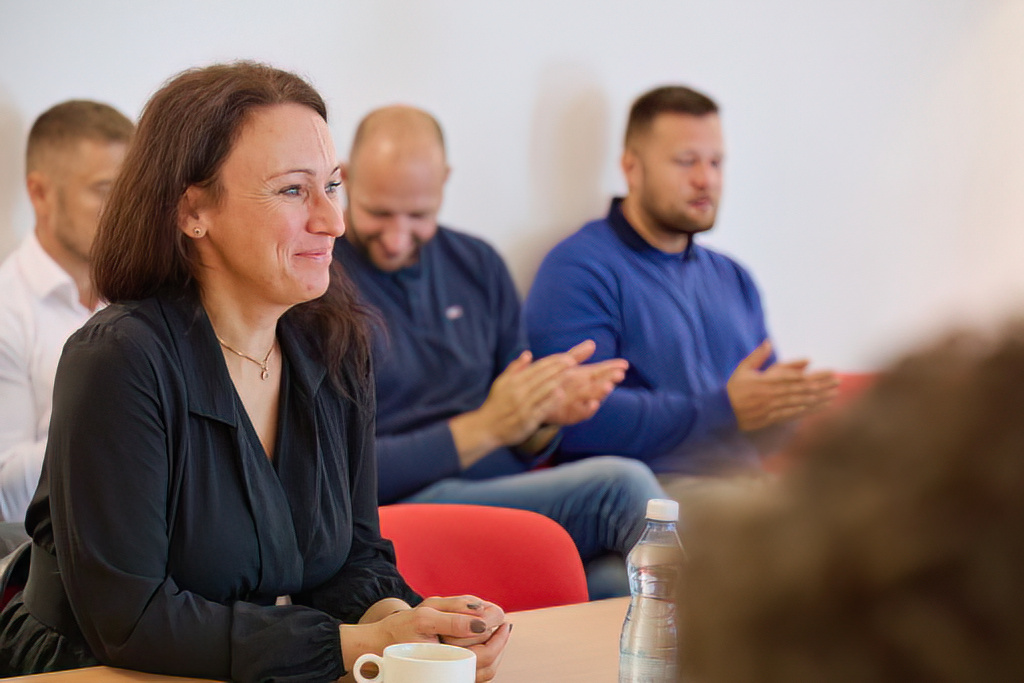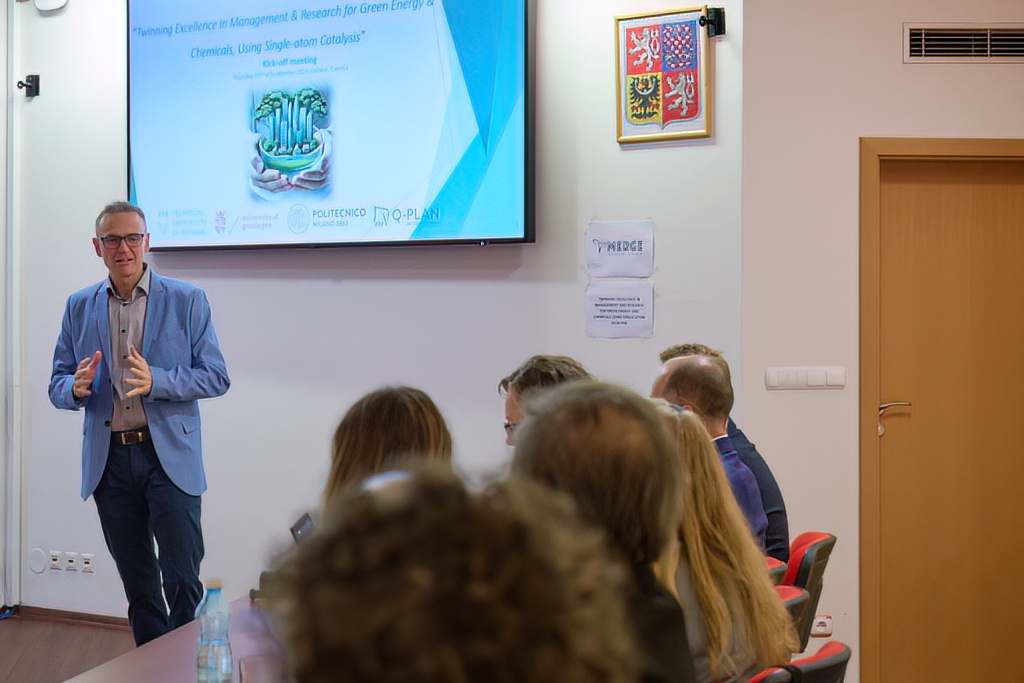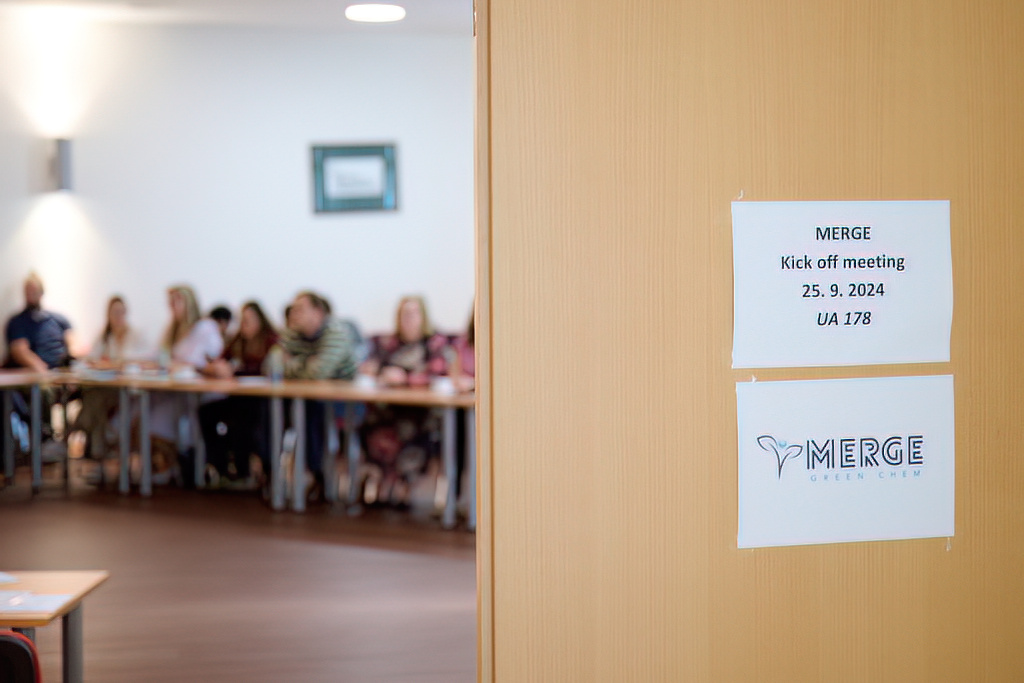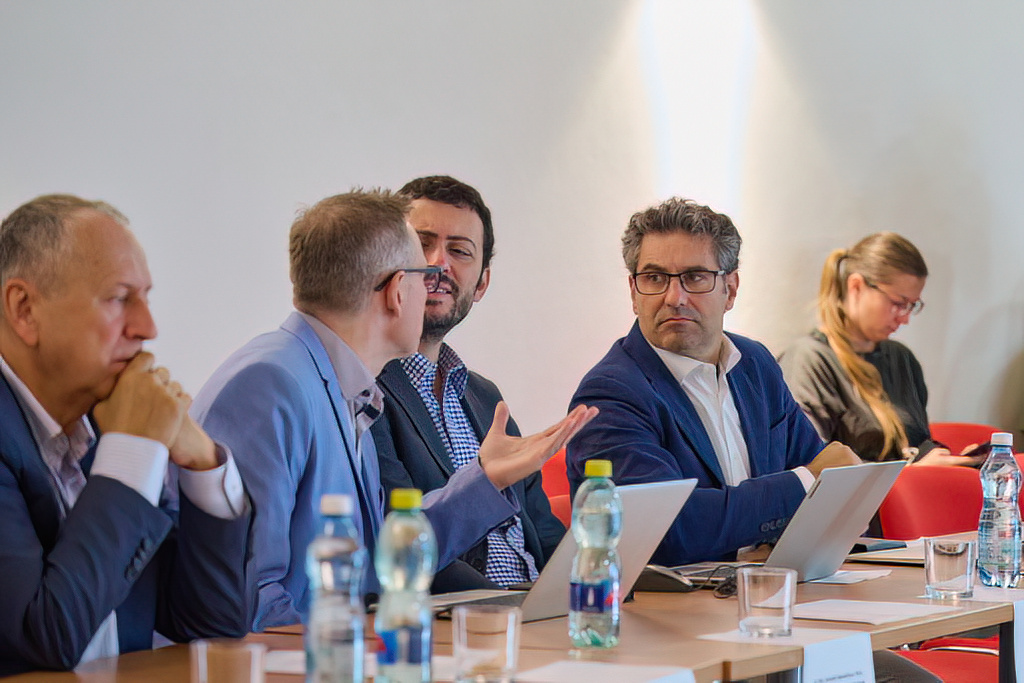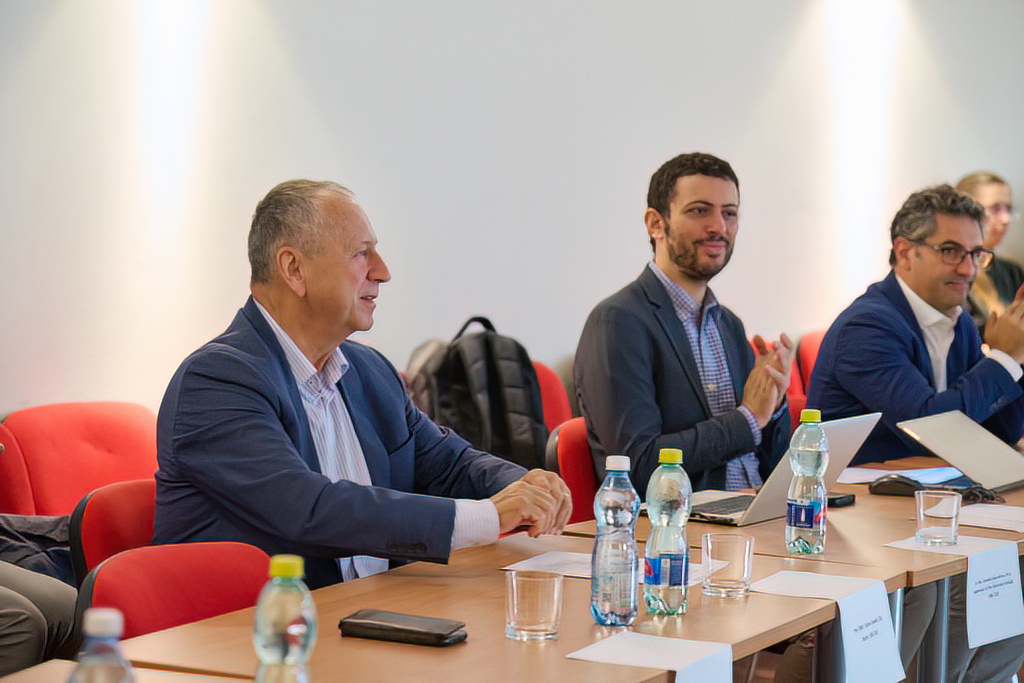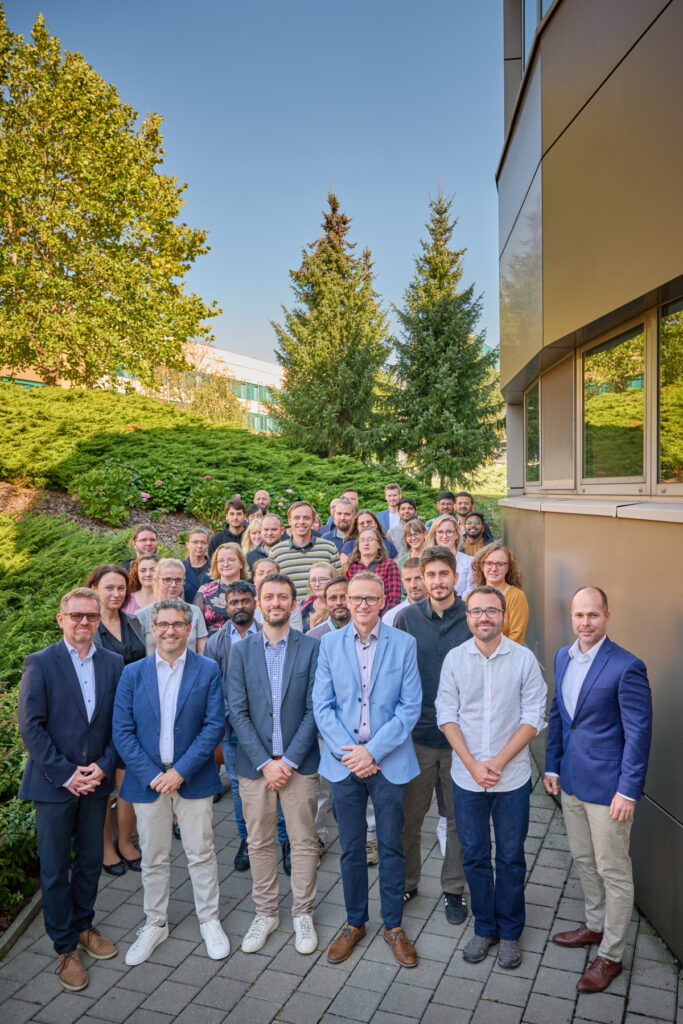The main goal of the international MERGE project, funded by the Horizon Europe program, is to develop eco-friendly, easily recyclable, cost-effective, and efficient single atom catalysts for converting waste biomass into “green” chemicals and biofuels. This three-year project, led by VSB-TUO, brings together scientists from Italy’s Politecnico di Milano, the Netherlands’ Rijksuniversiteit Groningen, and experts from the Greek consultancy firm Q-PLAN International Advisors PC. The European Union has supported the project with €1.5 million in funding.
The project addresses the critical issue of our dependence on fossil fuels for energy production and key chemicals, which poses a significant threat to energy self-sufficiency and the environment. This has led to a growing demand for alternative, eco-friendly, and sustainable low-carbon energy sources.
“MERGE focuses on valorizing renewable carbon materials from waste biomass. Electrocatalytic and photocatalytic processes hold great potential for converting these materials into valuable products. However, the success of these technologies heavily depends on the development of suitable and efficient catalysts – accelerators of chemical reactions. The project’s aim is to bring together the expertise of partners in the field of 2D materials, such as graphene derivatives, carbon nitrides, photoactive or conductive polymers, which will be used as special metal supports for the development of new catalysts through single atom engineering. This method allows us to precisely control the properties of materials down to the atomic level,” explained project coordinator Aristeidis Bakandritsos from the Materials -Envi Lab at the VSB-TUO Nanotechnology Centre.


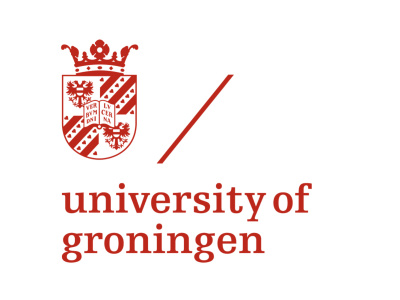

The team from Politecnico di Milano will contribute their extensive knowledge in the design, optimization, and testing of catalysts for various organic chemistry processes. Partners from the University of Groningen will bring their rich experience in unique advanced material characterization methods, polymer synthesis, and studying their properties. Q-PLAN will handle the dissemination of project results and provide training in project management.
“The fact that we succeeded in a highly competitive selection process and are coordinating such an important international project reflects the strong position we have built in Ostrava in the field of new materials development using single atom engineering. Collaboration with our partners will enable us to analyze new catalysts in detail using unique equipment not available in the Czech Republic, including synchrotron techniques with colleagues in Groningen. Our Italian colleagues’ long-standing expertise in the use of single atom catalysts for organic transformations will also accelerate the practical application and industrial deployment of new technologies for converting biomass into green fuels, which is the main objective of the project,” added Radek Zbořil, head of the Materials – Envi Lab, who is also involved in the project.
In addition to its research focus, the project also aims to support research, innovation, career development for scientists, and strengthen the research environment both at VSB-TUO and at partner institutions. “Top experts from the participating institutions will provide training and mentoring not only for researchers but also for administrative staff and technology transfer specialists. MERGE will strengthen cooperation with industrial partners, government agencies, and international institutions to support innovation, prepare for future research funding opportunities, and enhance the impact of research results in practice,” Bakandritsos added.
The project has received support from the European Research Executive Agency (REA), which manages the funding of research and innovation projects within European Commission programs.
